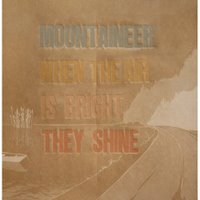
This compelling French group of improvisers has managed to uncover a new wrinkle in the traditional vs. modern approach to spontaneous composition. Three members of the quintet, Lionel Marchetti, Jerôme Noetinger and Jean Pallandre, use analog tape machines (REVOX only s.v.p.) as their sole sound sources. Marc Pichelin and Laurent Sassi pitch in on analog synth and digital recording, but it’s the magnetic media’s show. It seems peculiar that this idea isn’t more widespread given the diverse techniques for stretching, accelerating, looping, bending and breaking available as borne out by the animated interplay during this performance. Marchetti and Noetinger have a long history, together and parallel, of electroacoustic invention, while Pallandre and Pichelin have worked in the Ouïe Dire Production ensemble in the making of audio postcards through their phonography. Their interplay is stellar, pitching from whisper-light warbles to crystalline feedback screams, letting no moment go unmanaged. Sassi’s live mix is pinpoint sharp, filling all 360 degrees with sound. Could it be that tape will make digital audio obsolete??
(Mego)















